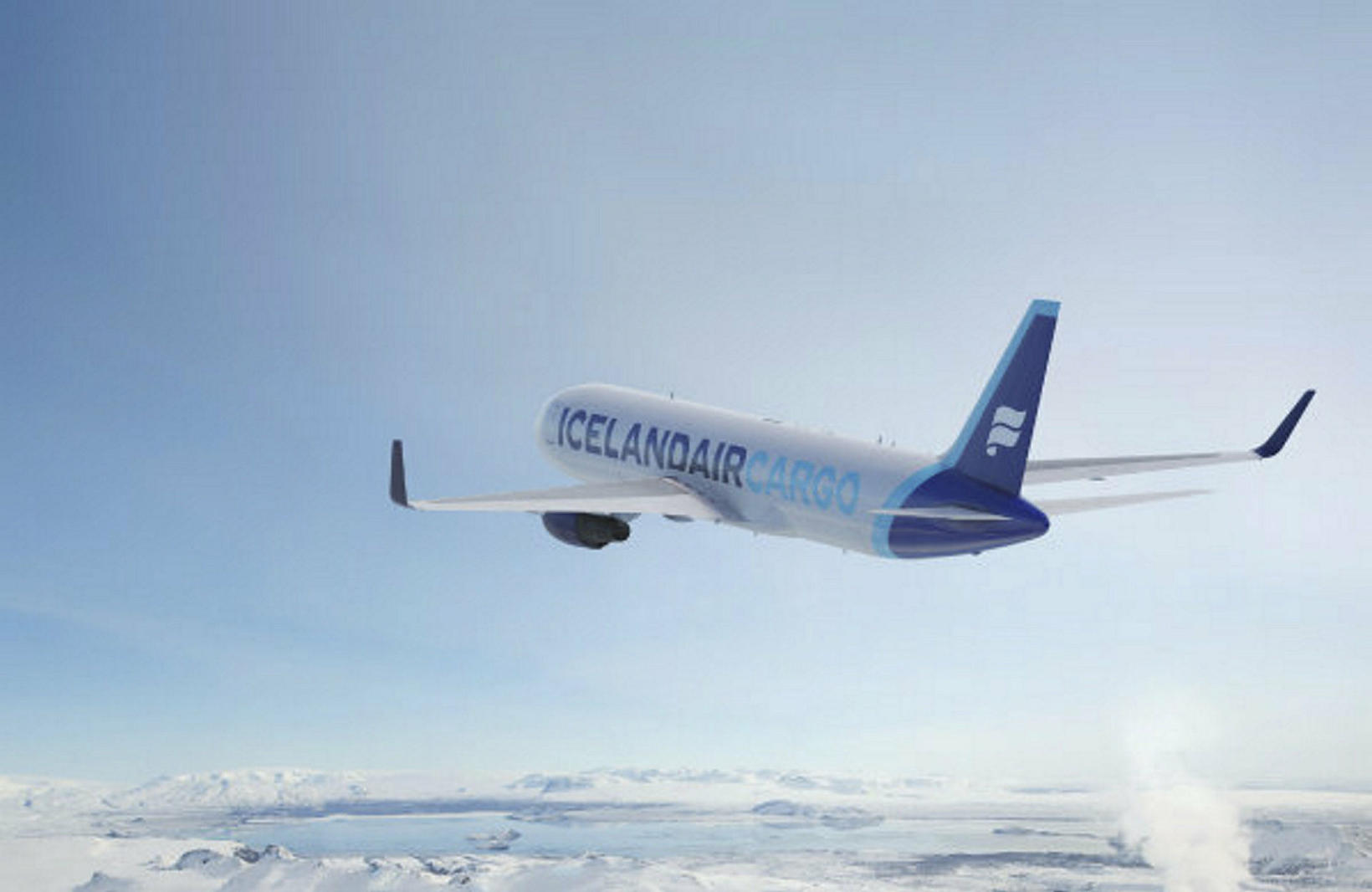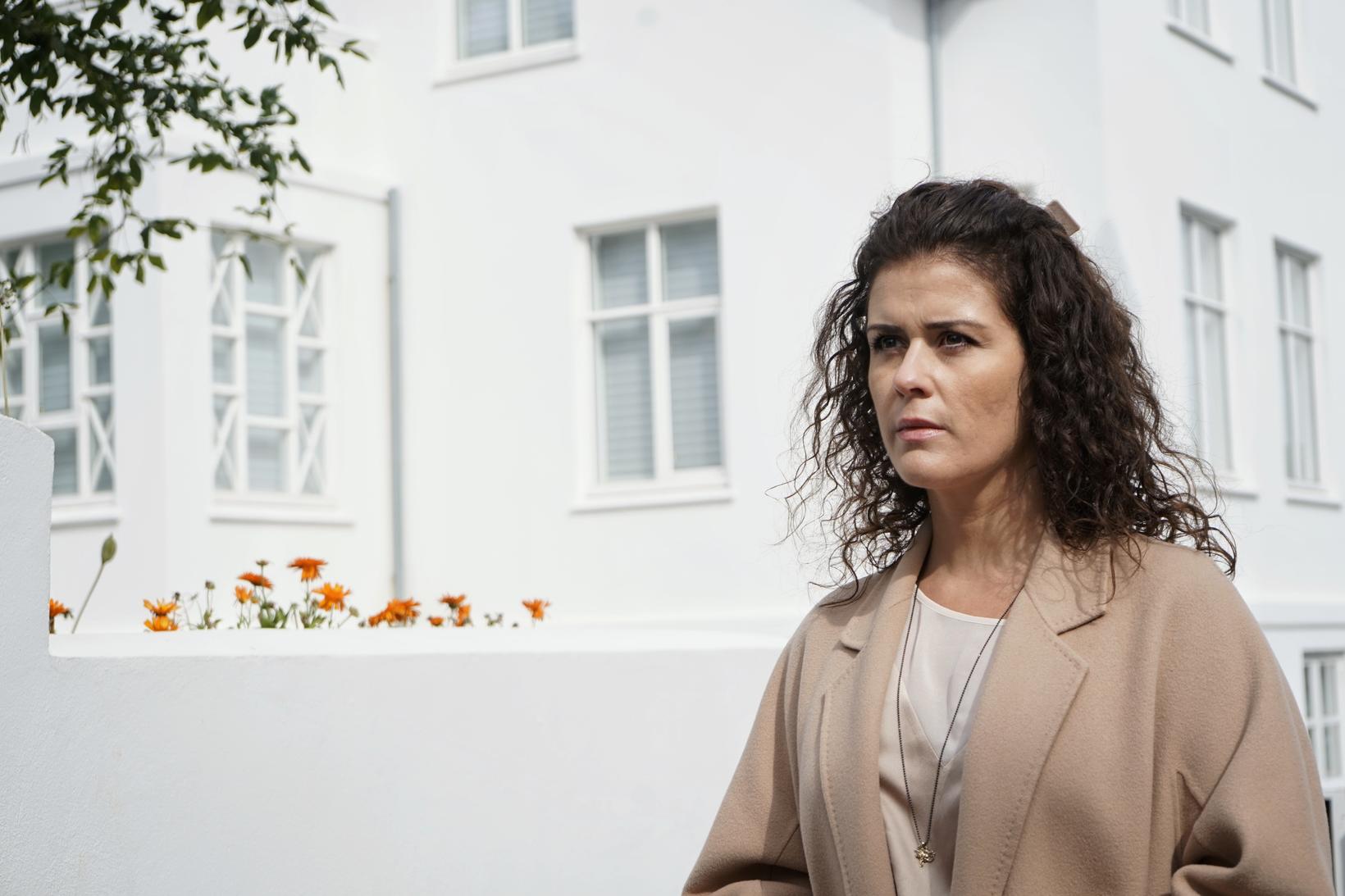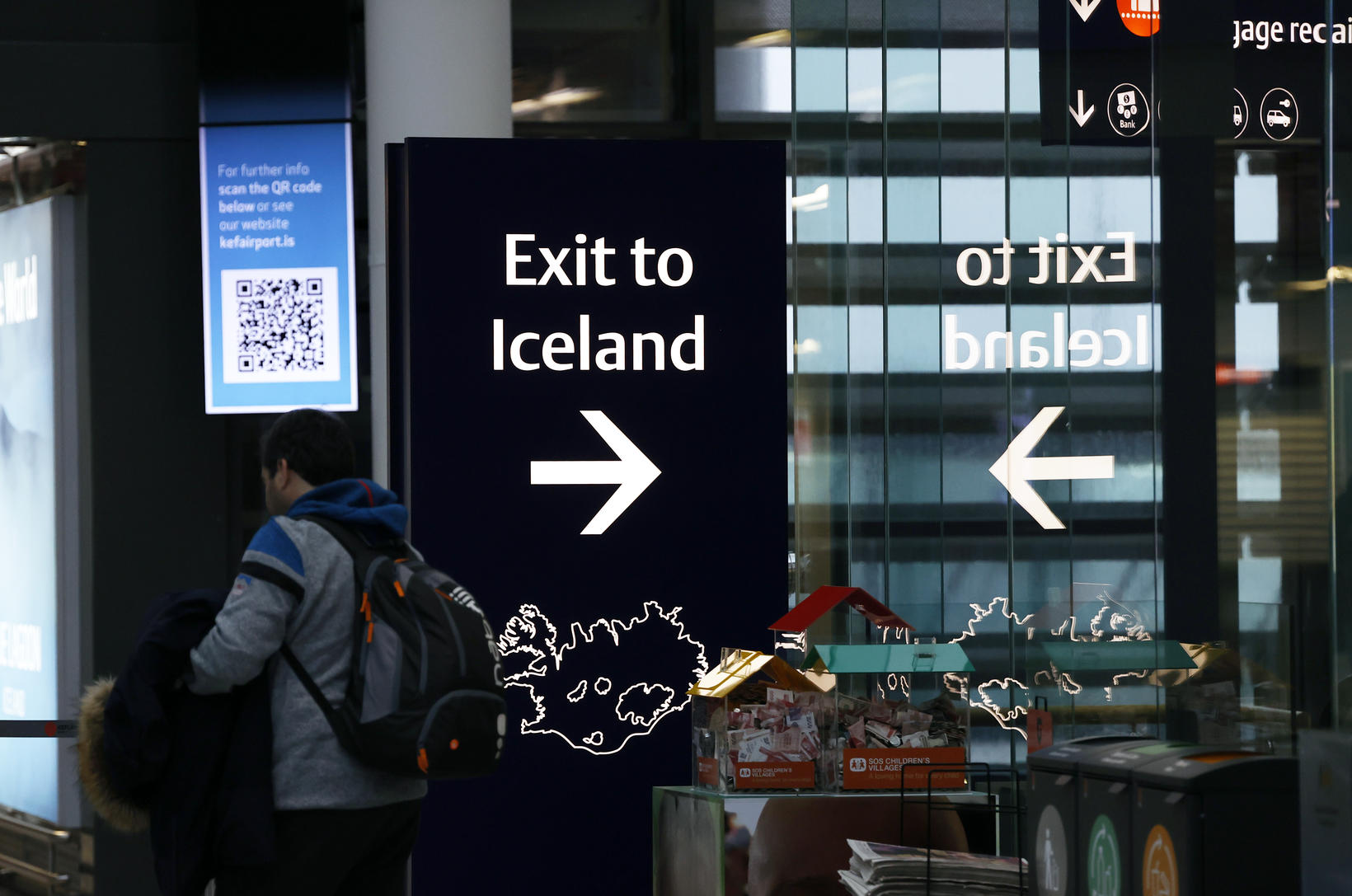Fighting to get Iceland's unique geographical position taken into account
The emission tax in the new EU Law is very difficult for Iceland's unique geographical location and yet there have been no amends to the legislation addressing that.
Officials and the embassy in Brussels have held almost 100 meetings with senior representatives in the EU and representatives of the EU Member states over the past several years. The foreign policy objective has focused getting rid of the onerous emissions tax that is already in place on the flights to and from Iceland.
Mbl.is has information that the Icelandic viewpoint was not fully or partially met in the legislative act despite extensive effort. It is clear that if nothing gets changed the prices of connecting flights to and from Iceland will increase significantly.
The tax is specified in a new EU law whose supposed purpose is to speed up the use of more biofuel for aircraft. Fuel that is considered expensive and is often scarce. The newly introduced tax on emissions is designed to compensate for the cost of airlines for each kilometer travelled. It upsets Iceland’s competitive position as a connecting center to the outside world because of its geographical position.
Not all hope is lost, however. The incorporation of the legislative act into the EEA agreement in Iceland is yet to be agreed upon, but its effects will continue to be felt as early as 2024.
Collective effort
The Foreign Service and the government have been trying to have their say in this matter ever since analysis of its effects was made in the fall of 2021.
Thus, the report by the Minister of Foreign Affairs on the implementation of the EEA Agreement presented in January states that to this end, the officials of the Ministry of Foreign Affairs and the Embassy in Brussels held as many as a hundred meetings with nearly all the permanent representatives of the EU Member States, representatives of the ministries of the Member States in Brussels, senior officials of the Commission and the relevant rapporteurs of the parliamentary committees in the European Parliament and their staff.
On top of this is also the letter from Prime Minister Katrín Jakobsdóttir to the President of the Commission, the President of the European Council and all the leaders of the Member States, expressing serious concerns about the impact of the existing proposals while reaffirming Iceland’s ambitions in the fight against climate change.
Evaluation three or four years after the fact
Furthermore, in the report it is revealed that the Minister of Foreign Affairs, Minister of Infrastructure and Minister of the Environment, Energy and Climate Change have all raised concern on the matter among their colleagues and have presented them with the Prime Minister’s message. The Minister also says that the matter has been taken up by the Ministry of Foreign Affairs at the embassies of most EU states towards Iceland.
The report states that in general, governmental interviewees expressed an understanding of Iceland’s views during their meetings. The report states that some progress was made with the campaign. This result includes an evaluation “of the impact of the act on the competitive position of airlines and airports within the EEA, as well as on air services to distant regions and the impact on the population of distant regions and carbon leakage,” the report said. That review will be conducted in 2028, three to four years after it is intended to take effect.
The immediate effect was clear
Proposals for aviation allowances and the requirement for environmentally friendly fuels for aircraft are part of a much larger EU package of measures, submitted in July 2021 entitled 'Fit for 55'.
This is a reference to the EU's target to reduce greenhouse gas emissions by at least 55% by 2030. Two points relate to air operations. One is the introduction of aircraft with environmentally friendly additive fuels and the introduction of emission allowances or an emissions tax, with tax payments growing in line with the length of the aviation leg. The emissions tax will be put in place in steps and fully effective by 2027.
No seat at the table
The Foreign Service conducted an analysis of the impact in the autumn of 2021. It soon became clear that the issue could have very serious implications for air operations in Iceland. Since that time, Icelanders have been lobbying to express Icelandic views. Iceland, however, does not have any direct involvement in the legislative process. It is said that there is a complete understanding of the cost associated with Iceland’s geographical position. However, mbl.is has information that the general opinion is that little or none of Iceland’s concerns have been met to date.
Prices will go up significantly is there are no amends to the legislation in regard to Iceland's unique geographical location. mbl.is/Eggert Jóhannesson
However, possibilities for subsidising the environmentally-friendly fuel as well as the possibility of carrying out the abovementioned audit of the impact on remote areas were put in place.
Still hope for a satisfactory outcome
The effect will start to be felt as early as next year when the free allowances are cancelled. Currently, half of Icelandair’s allowances are free, while the other half are purchased on the market. The airline Play buys all its allowances. The reason for that is that the allowances were set at a specific time period when Play had yet not been formed.
Interviewers from mbl.is still say that there is hope for an acceptable outcome for Iceland. On one hand, the legal authority has not been formally approved. On the other hand, there will be negotiations about how Iceland will implement the legislation in Iceland.
Not to be implemented unless the situation in Iceland is taken into account
It is clear that Iceland will call for a change in the law. Also, with regards to the ability of Keflavík International Airport to maintain its competitive position on connecting flights to and from Iceland, both for Icelandic airlines but also foreign airlines. Thus, the request for a derogation will relate to the airline sector and not to the airlines themselves.
In the political system there have even been views that Iceland will justly reject the legislation and it will not be adopted. This will be unprecedented in terms of the EEA agreement. However, it is much more likely that some sort of adjustment will be the outcome. In any case, it is clear that the position of ministers and officials so far has been such that the legislation will not be implemented unless the Icelandic situation has been taken into account.











